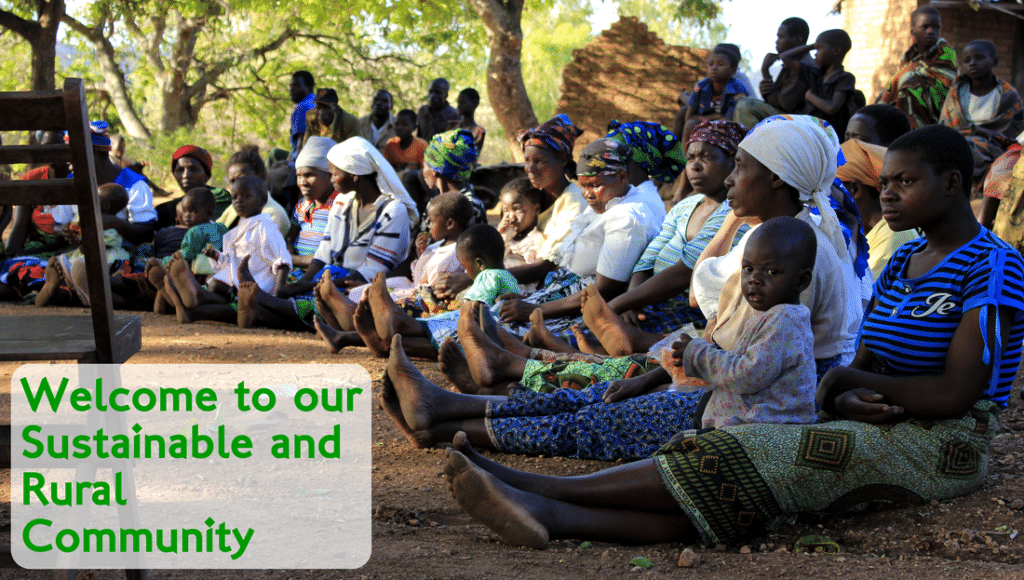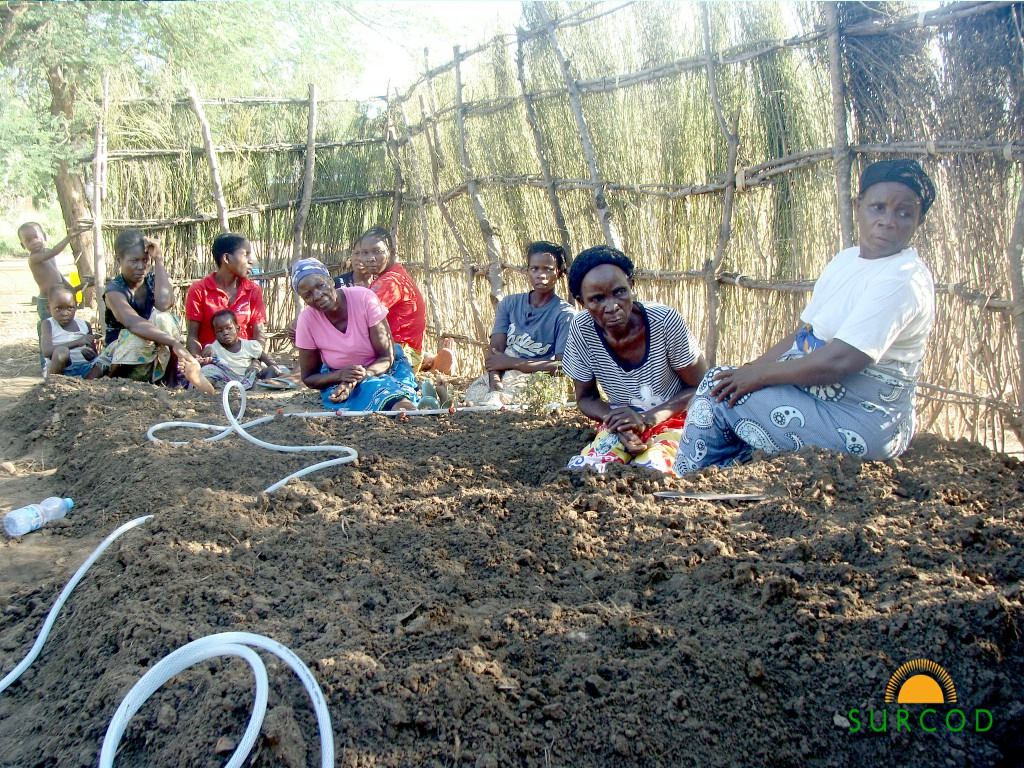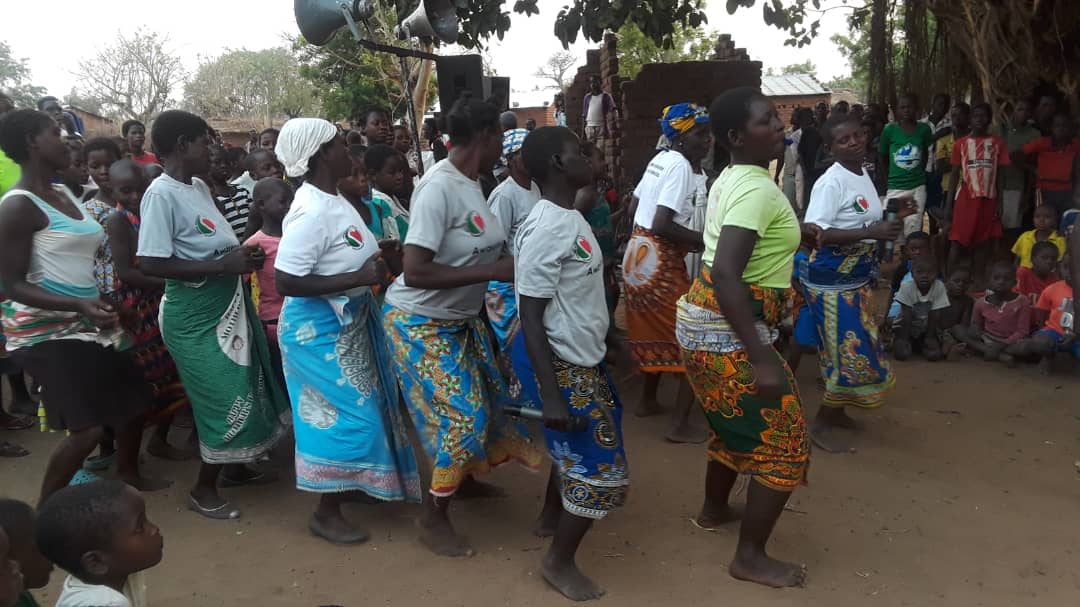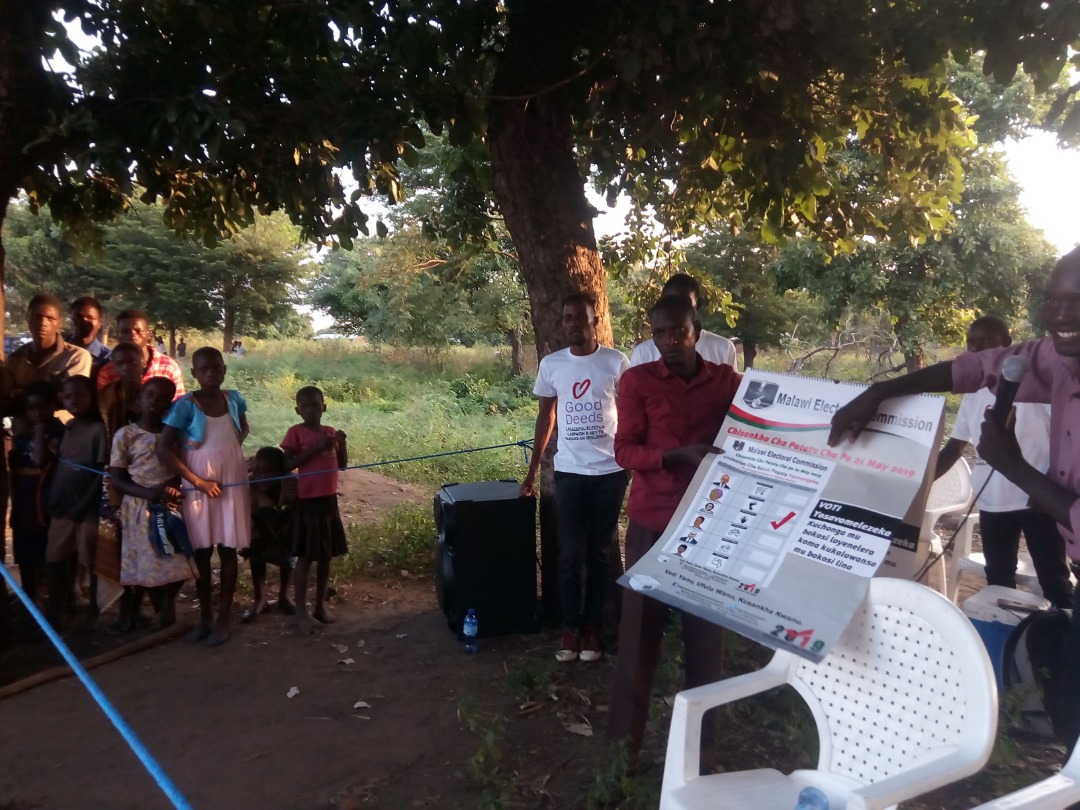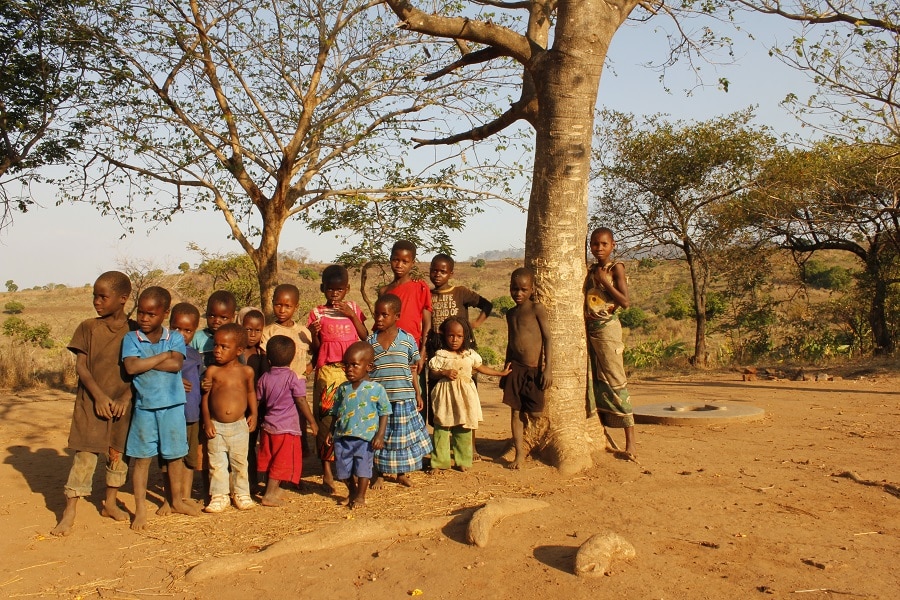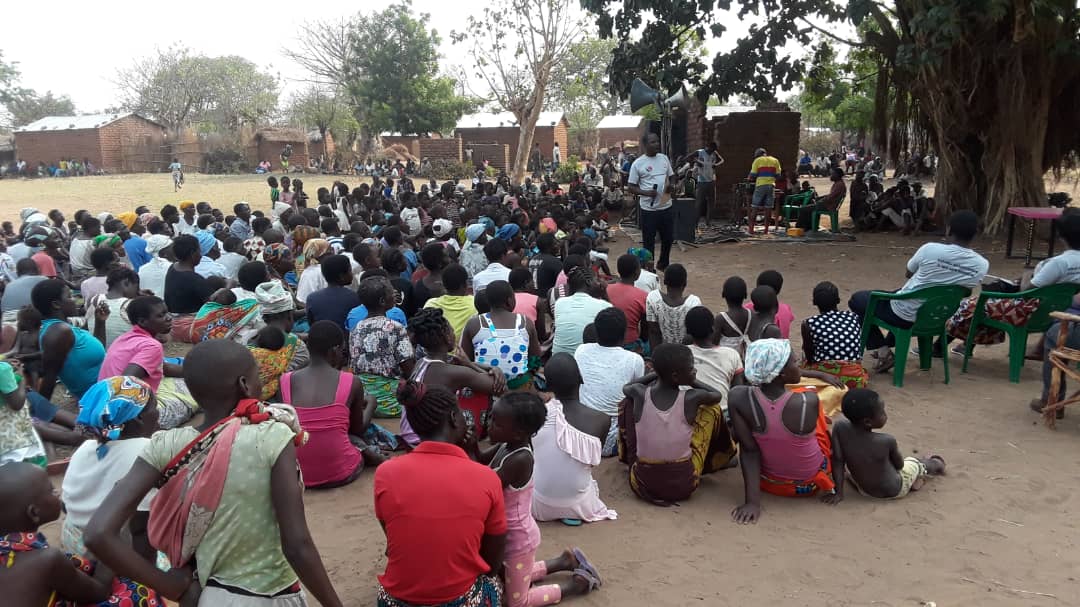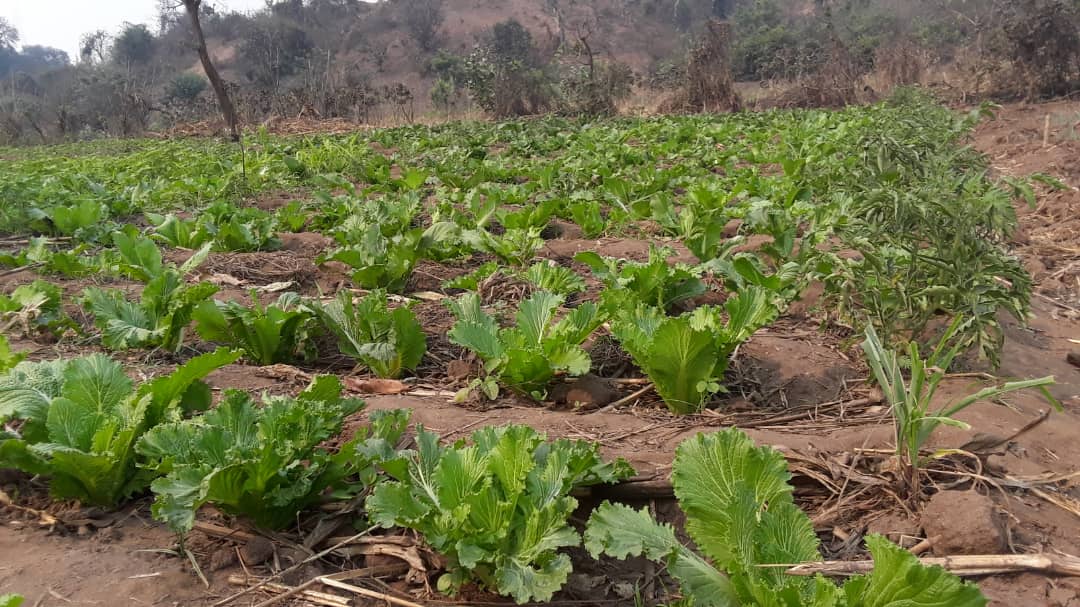MasterPeace Malawi: communal gardens to fight food insecurity
On a daily basis, the livelihoods of Malawi’s villagers are threatened by recurring droughts which do not only effect crop yields but also result in bigger distances between villages and operating markets. To relief some of these pressures, MasterPeace Malawi initiated a communal garden project via which they support communities in building up a secure food supply. ‘We promote farming among families within distant areas, as the Chikwawa District, to grow vegetables as chines cabbage, tomatoes, eggplants and onions. Via our program they no longer have to walk 5-10 kilometers for food,’ says Project Manager Joshua. Within this article, Joshua likes to share their approach towards communal gardening.
- Locate areas in need: Joshua starts off with telling about the way in which they choose their area of focus. ‘Currently, we mainly focus on the Chikwawa district due to severe food insecurity in this area. We find villages via our network.’
- Approach the Chief: ‘After we spotted a community, we will first approach the Chief. If he does not like our project we are out.’
- Community meeting: ‘After we received the blessings of the Community Leader, we ask him/her to bring together the community during a meeting. During this meeting, we explain the project and ask whom would be interested in farming for the community.’
- Village Development committee: ‘Out of all interested, we choose, in cooperation with the Chief, the best farmers. We base our pick on motivation and the interest of the family. The elected farmers are put together in a Village Development Committee.’’
- Kick-off meeting: ‘During the first period, we will organize several kick-off sessions during which the farmers learn about communal farming. We mainly listen to the experienced farmers, and discuss how we can approach the project as efficient and sustainable possible.’
- Farming: And then the fun part begins! ‘So far,’ says Joshua, ‘we have already supported 120 families via 20 community gardens. We are extremely proud and looking forward to our next steps.’
The communal garden approach is applicable to areas without much access to water and so far 120 families are already self-sustainable due to this project. However, MasterPeace Malawi realized that their knowledge could also be used in the more water affluent areas, as those who have access to water have larger gardens which can be used for agribusiness. Therefore, they recently started a cooperation with Youth Clubs throughout the nation to spot such areas in which communities could be helped in starting up agribusinesses. So far, 38 communities were supported in such efforts and more are to come

